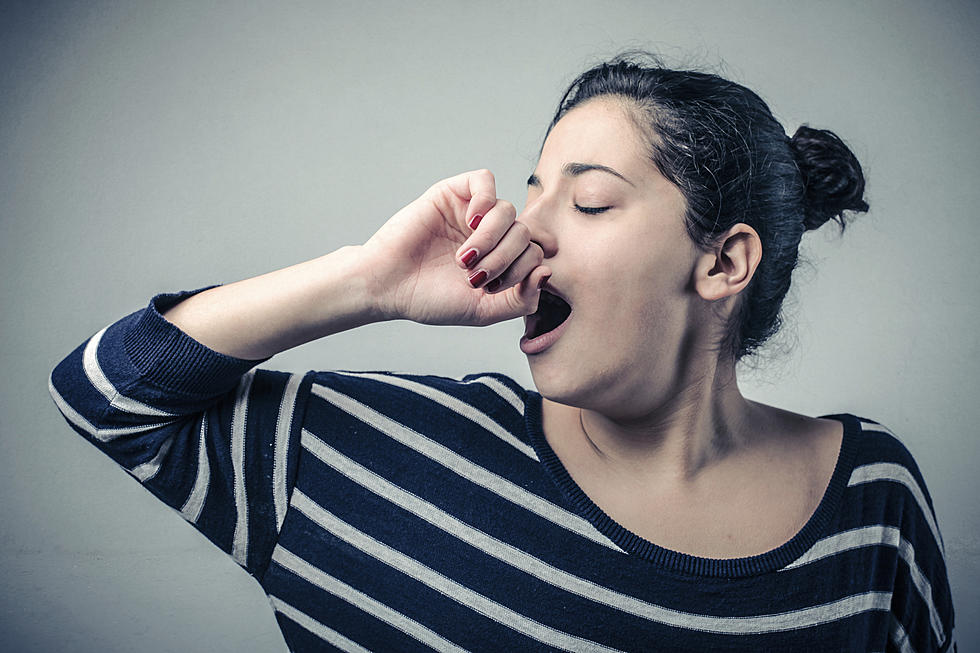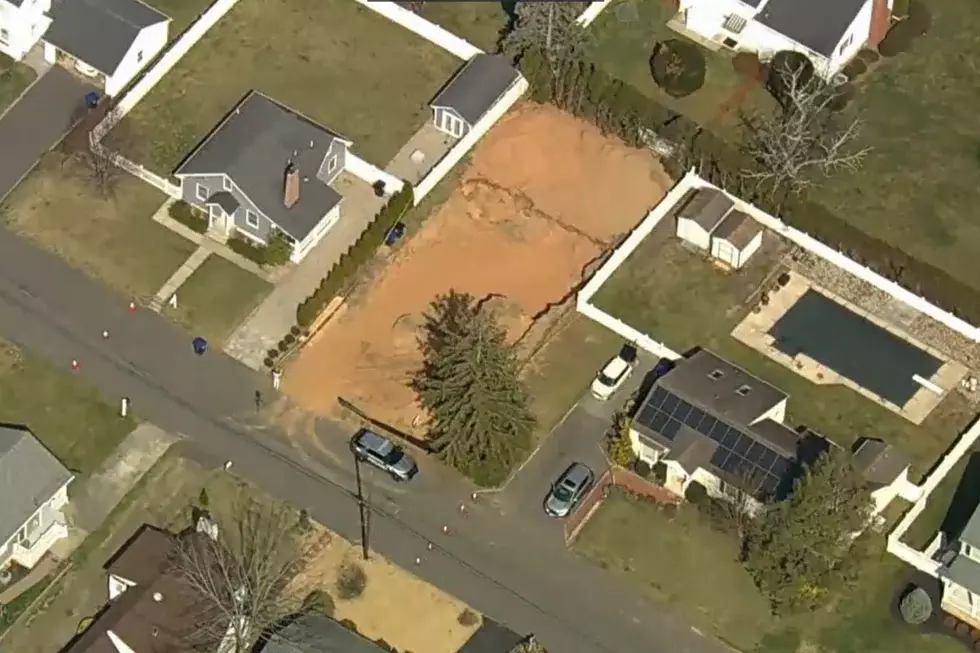
Alarming news: Too many New Jerseyans have trouble with sleep
Are you struggling to get enough sleep?
Do you frequently feel tired or groggy during the day?
If so, you’re not alone.
A new study finds plenty of Garden State residents are not getting enough rest, for a variety of reasons.
“30 percent of adults in New Jersey, about 2 million people, say they’ve had trouble sleeping at some point over the past week,” said Joel Cantor, the director of the Rutgers University Center for State Health Policy.
He said what’s really concerning is “a very large proportion of those, over 20 percent of adults, say they had trouble sleeping the night before we called them, so we’re finding really widespread sleep problems across the state.
The study also found many New Jersey residents are unhappy with the quality of sleep they do get.
“31 percent say they’re dissatisfied, including about 16 percent say they are very dissatisfied, about a million people in the Garden State," Cantor said.
Overall, the study found more than a third of New Jersey adults, 36 percent, are struggling with some kind of sleep issue.
“Either they don’t have enough time to sleep, they have trouble getting to sleep or they wake up too early, or they have a partner a partner or something else that’s making too much noise," Cantor said.
The study found 35 percent of women complained about noise, usually snoring, compared to 20 percent of men.
He said another interesting finding is 53 percent of younger adults, ages 18 to 29, reported sleep problems in the past month, compared to 33 percent of adults 65 and older.
“It certainly leads to speculation that it may be our devices, our phones and computers that may be interfering," Cantor said.
The study also found Asian and Hispanic adults were more likely to report that not having enough time to sleep was a problem compared to adults overall -- 50 percent versus 37 percent.
Also, more single, never-married and divorced or separated adults reported sleep problems -- 51 percent compared to those either married or living with a partner, 39 percent.
Cantor said this may be because younger people using more electronic devices are more likely to be living alone, compared to those with spouses or partners.
He said not surprisingly, adults living in a household with children were more likely to report not having enough time to sleep -- 46 percent, compared to 26 percent of adults living alone.
The study also found those with more education were more likely to report sleep problems than those with less than a high school education, 46 to 35 percent, and non-U.S. citizens were more likely to report not having enough time to sleep compared to U.S. citizens, 56 percent compared to 36 percent.
Cantor said the findings are a definite cause for concern.
“Good sleep is an important component to our overall health and well being," he said.
He said if you’re not getting enough sleep “that can show up in more sick days at work, less productivity, dozing off while driving.”
The poll was conducted with 860 New Jersey adults between Jan. 16 and Feb. 12, in English and Spanish.
More from New Jersey 101.5:
You can contact reporter David Matthau at David.Matthau@townsquaremedia.com.
More From New Jersey 101.5 FM









